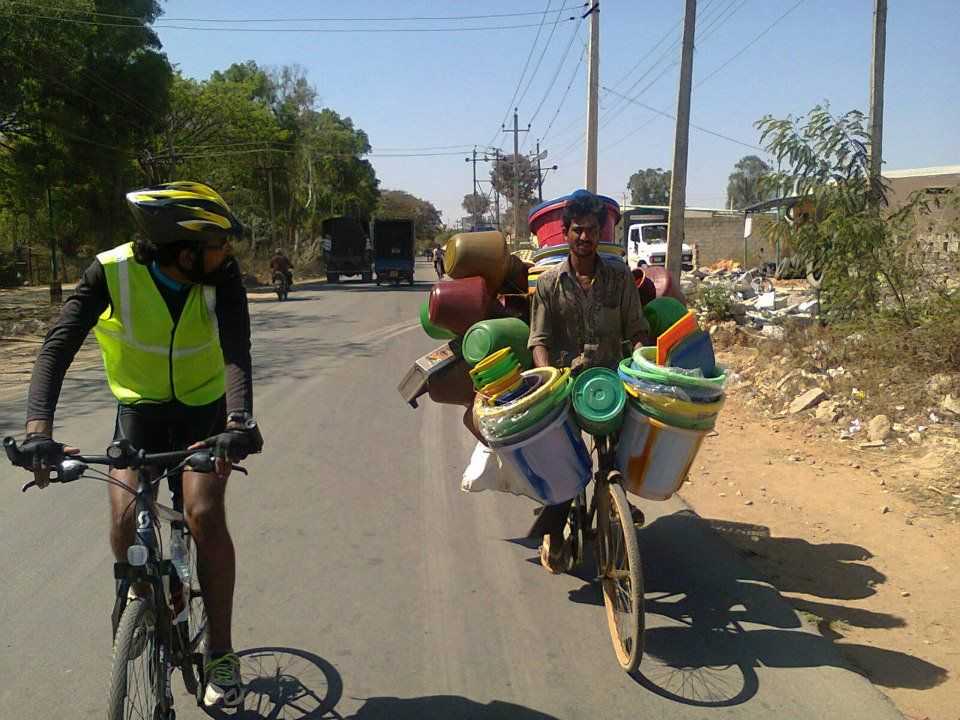Accueil>Everyday life, social difference and challenges for the ecological transition

01.07.2025
Everyday life, social difference and challenges for the ecological transition
À propos de cet événement
Le 01 juillet 2025 de 09:00 à 16:30
Organisé par
Centre de sociologie des organisationsEveryday life, social difference and challenges for the ecological transition
Registration for the Workshop, Tuesday July 1, at Sciences Po, 27 rue Saint-Guillaume 75007 Paris - Room Goguel
Workshop rationale Tuesday, July 1
Sociological research has established that social, cultural, economic, and territorial factors contour environmental beliefs and engagement with environmental policies. Universalizing/one-size-fits-all approaches to implementing ecological transition policies overlook this diversity. The perception that climate action will increase the cost of energy, goods, and services, and will conflict with culturally-symbolic practices, has stimulated opposition to environmental policies. In the current global context, such tensions risk becoming more acute, as rising inequalities and social precarity deepen the divide between those preoccupied with “the end of the world” and those struggling with “the end of the month.”.
In response to this challenge, researchers are investigating how economic inequality, as well as social and cultural identities, shape people’s responses to ecological transition policies, from resistance to active adoption. There is also growing research on the role of intermediaries–commercial actors, but also social movements, cultural producers, civil society organizations, social media influencers, neighborhood networks etc.–in mediating responses to environmental policies. A further line of applied research emphasizes the importance of shifting sustainability from being framed primarily as an individual choice to becoming a default condition, enabled by structural opportunities that support sustainable practices while remaining attentive to social and cultural diversity.
This workshop will bring together a group of leading researchers whose work brings sociological depth and rigor to the question of how social, cultural, organizational, and relational dimensions intersect with the reception and response to climate change discourses and ecological transition policies. We will also see examples of transdisciplinary and applied research approaches such as living labs and energy citizenship projects. These research-action efforts seek to engage consumers and citizens in co-designing transition plans and implementation, towards anticipating and avoiding backlash.
The following speakers will provide 15-20 minute presentations responding to these themes based on their recent research, followed by 8-10 minutes of remarks from a discussant offering reflections and 15-20 mins for responses and audience Q&A. The workshop will conclude with a discussion with the speakers and the audience towards identifying future pathways for research.
Workshop schedule
08:30-09:00
Morning coffee and welcome
09:00-09:30
Opening and goals of the workshop by Manisha Anantharaman, Assistant Professor of Sociology, and Sophie Dubuisson-Quellier, Research Director at the CNRS and Director, Center for Sociology of Organisations.
09:30:10:15
Emily Huddart, Professor of Sociology at the University of British Columbia and author of Eco-Types, whose work has explored how people across socioeconomic and sociocultural spectrum understand and respond to climate change discourse and environmental policy, and the dynamics of affective polarization taking root in climate politics.
Discussant: Mael Ginsburger, Maître de conférence en sociologie au CERLIS (Université Paris Cité)
10:15-11:00
Mael Ginsburger, Maître de conférence en sociologie au CERLIS (Université Paris Cité) and co-author of La conversion écologique des Français. Contradictions et clivages, whose research has documented and analysed the inequalities related to consumption and environmental actions in France
Discussant: Emily Huddart, Professor of Sociology, University of British Columbia
11:00-11:15 coffee break
11:15-12:00
Tullia Jack, Associate Professor of Service Studies, Lund University, whose work explores the social practices, norms, conventions, and organizational dynamics that support and inhibit low-carbon lifestyles, with a recent empirical focus on living alone.
Discussant: Marie Plessz, Directrice de Recherche, INRAE
12:00-12:30
Reflection and summary of morning session
12:30-13:30 buffet lunch
13:30-14:15
Lucie Middlemiss, Professor of Sociology, University of Leeds and chair of Fair Energy Futures initiative as part of Energy Leeds, who has developed a relational approach to studying energy transitions that emphasize social relations and interactions as key mediating factors shaping how people receive and respond to climate and ecological transition policies.
Discussant: Lise Desvallées, Junior Chair Leader, Transitions Énergétiques et Environnementales (TREE), Université de Pau
14:15-15:00
Marlyne Sahakian, Associate Professor of Sociology, University of Geneva, whose research has designed and studied energy citizenship practices through inter- and transdisciplinary techniques, with a spotlight on open innovation and co-design of the research process through novel Citizen Action Labs
Discussant: Catherine Grandclément, Social Scientist at EDF R&D
15:00-15:15 Coffee break
15:15-16:30
Open discussion with audience, workshop closing and next steps
(crédits : Manisha ANANTHARAMAN)
À propos de cet événement
Le 01 juillet 2025 de 09:00 à 16:30
Organisé par
Centre de sociologie des organisations